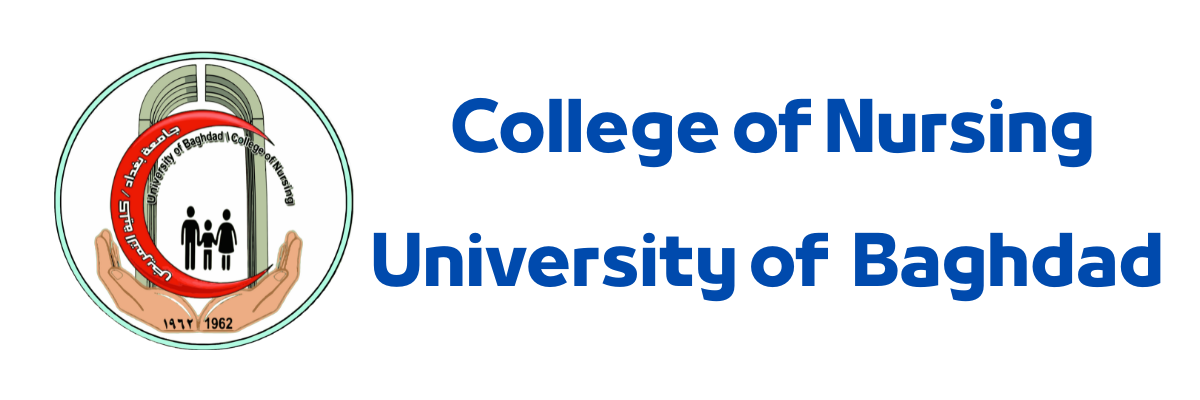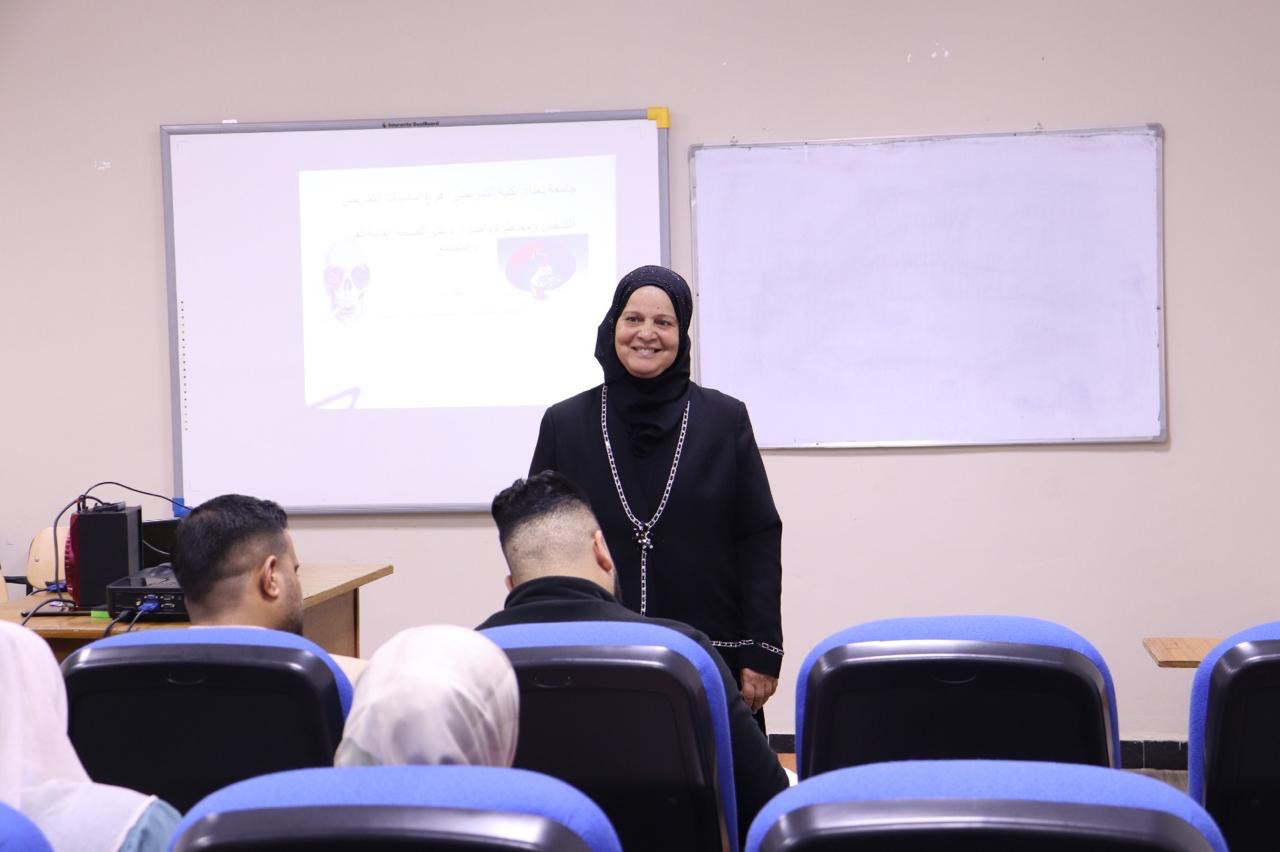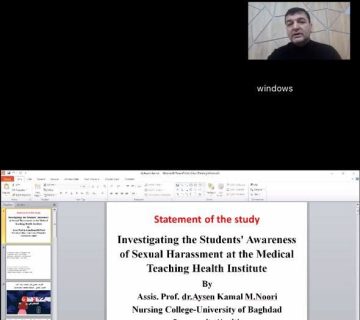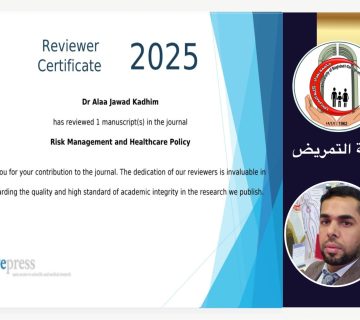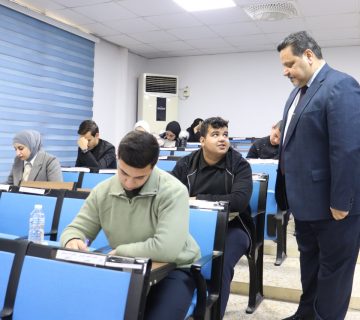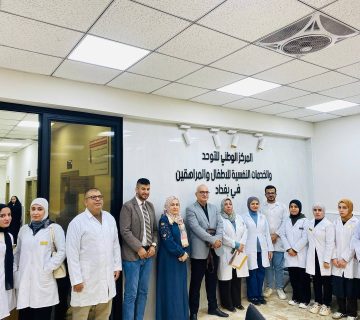The Continuing Education Unit at the Faculty of Nursing, University of Baghdad, organized a workshop entitled “Artificial Intelligence and Heart Disease,” presented by Professor Dr. Hakima Shaker Hassan to graduate students with the aim of introducing them to artificial intelligence technologies and highlighting their pivotal role in the prevention, diagnosis, and treatment of heart disease in the college’s museum hall
The workshop aimed to highlight the importance of the American Heart Association’s first scientific statement on this subject, which reviews the enormous potential and current limitations of this advanced technology, implantable cardioverter defibrillators (ICDs) (ICDs), early prediction of cardiac arrhythmias, specialized sensors, monitoring patches, and smart consumer products
The workshop concluded with a set of important recommendations aimed at promoting the integration of artificial intelligence in the field of cardiology and improving healthcare, encouraging scientific research and algorithm development, and the need to support specialized research in the development of artificial intelligence algorithms capable of accurately predicting heart disease and disorders before they occur, This would enable early intervention and preventive treatment. The workshop also recommended including artificial intelligence in educational curricula and emphasizing the importance of introducing artificial intelligence concepts and applications into the curricula of medical and nursing colleges to qualify a new generation of health professionals armed with technological knowledge.
This workshop is part of a series of workshops organized by the Continuing Education Unit under the direct supervision of the College Dean, which directly contributes to achieving the fourth Sustainable Development Goal, “Quality Education.” By providing graduate students with the latest knowledge and technologies in the field of artificial intelligence and its applications in healthcare, the college enhances the quality of education and works to prepare a new generation of specialists capable of integrating advanced technology into medical practices, which positively reflects on improving the health and well-being of society.
